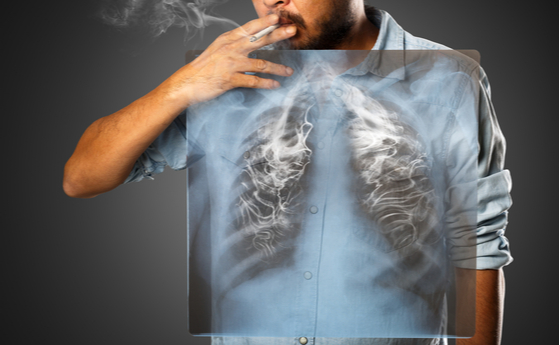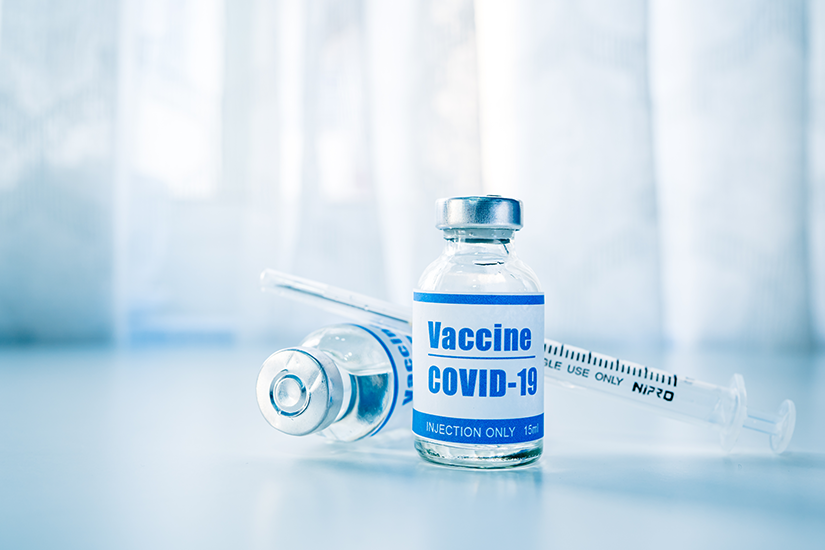- Emergency Ambulance Services
- 8606811111
- 0471-4077777, 0471-7177888
- gro@sutpattom.com
Tobacco smoking and lungs
Dr. Aswathy Thazhakottuvalappil, Consultant Pulmonologist, SUT Hospital, Pattom
On May 31st we celebrate World No-Tobacco day. This year the theme is “Protect the environment”. Tobacco is killing mankind and our planet earth. Tobacco cultivation, production and use poison our water, soil, cities with toxic chemical waste and cigarette buds. Our lungs have a close contact with environment. Increasing environmental pollution has a negative impact on our lung health. Tobacco is a pollutant which can be completely avoided to keep our lung healthy. 5million cigarettes are discarded per year worldwide making it the most littered item on earth.
Tobacco smoking induces a variety of lung injury. Smoking related lung disease causes significant symptom and in some cases may even require lung transplantation. The above mentioned diseases are:-
- Lung cancer and throat cancer
- COPD
- Interstitial lung disease
- In asthmatic – trigger of asthma
- Allergy to tobacco smoke
COPD is a preventable, treatable airway disease associated with persistent-cough, shorten of breath and general health deterioration. Diagnosed with history and spirometry.
Lung cancer – Tobacco smoking is the leading cause of lung cancer. Smokers should screen their lungs for early detection of cancer. Mostly lung cancer is detected at an advanced stage where curative treatment options are absent.
Who should be screened?
- More than 20 pack years (pack years are number of years of smoking x number of cigarette packets/day).
- Current smoker or those who have quit in 15years.
- Age between 50-80years
Symptoms of lung cancer are cough, phlegm, blood in phlegm, loss of weight and loss of appetite. Most of the time symptoms do not appear until the disease has progressed to a late stage. Throat cancer / cancer of larynx is also predisposed by smoking.
Interstitial lung disease
It is a rare disease that causes progressive, permanent damage to the lung. Presents as cough and gradually progressive dyspnoea, if not diagnosed early and appropriate treatment is not given, respiratory failure can set need for domiciliary oxygen. In this condition patient may need lung transplant.
Asthma / Allergy
Tobacco smoking also increases asthma symptoms and allergies of the nose and throat.
The burden of general disease caused by tobacco smoking is also high.
- Heart – Heart attack, heart failure.
- Neurologically – Stroke, Bleed in the brain.
- PVOD – Vascular disease of the legs.
- Behavioural problem – Insomnia.
Smoking in women
Women who smoke have more difficulty becoming pregnant and carry a high risk for abortion. Tobacco smoking puts baby at risk for certain birth defects. Other problems are low birth weight in babies and premature birth.
Second hand smoke
Second hand smoke is smoke from burning tobacco products like cigarettes, cigar, hookah and pipes. This is the smoke exhaled by the smoking person. Tobacco smoke contains > 7000 chemicals that are toxic and carcinogenic.
Exposure to second hand smoke even for short time can be harmful to all age groups. Exposure can be at home or work place or public places. Any person exposed to second hand smoke even for a short time can develop health problems like lung diseases, allergies, lung cancer, heart diseases, stroke and recurrent lung infections. The effects are exaggerated in children. As they are growing, they are vulnerable to health risks of second hand smoke. Unexpected death (sudden infant death or cub death) can occur due to second hand smoke.
Quit smoking
Smoking cessation is the single most important step to protect our health as well as our environment. Nicotine, a chemical found in tobacco is the reason for addictive behaviour. Smoking cessation can be achieved by Pharmaco therapy – nicotine replacement, Varenicline / Buprenorphine and general supporting measures.
5 Steps to quit smoking
- Identify smokers in your community.
- Urge them to quit.
- Determine their willingness to quit.
- Help them to quit.
- Follow up regarding their smoking habits.
Health benefits of quitting smoking
- Improves general health and increases life expectancy.
- Lower risk of cancer.
- Lower risk of lung disease.
- Lower risk of heart disease.
- Improves reproductive health outcome.
- Improves quality of life.
- Reduces financial burden.
Quitting smoking is the best way to protect your dear and near ones from harmful effects of second hand smoke. On this No tobacco day let us all make our motto to protect environment by quitting tobacco.









